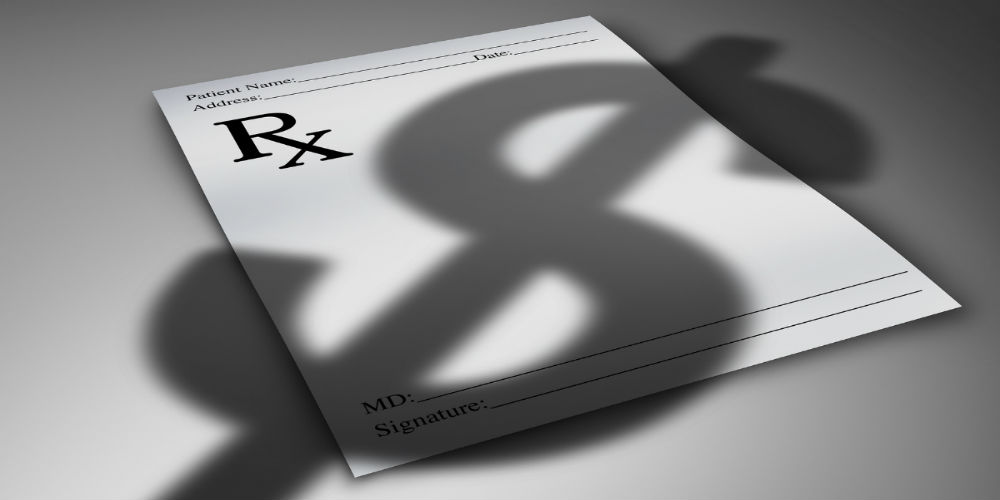If you like your Obamacare you can keep it

“Obamacare is the law of the land” and will remain so “for the foreseeable future,” House Speaker Paul Ryan (R-WI) told reporters after House Republicans canceled a vote on their legislation to repeal and replace the Patient Protection and Affordable Care Act (PPACA), also known as Obamacare.
The American Health Care Act of 2017—the House of Representatives’ legislation to repeal and replace Obamacare—was pulled from the House floor when House leadership realized that they lacked the votes to pass it. The failure to repeal and replace Obamacare is a major defeat for President Trump—who made it the centerpiece of his campaign—and for Republicans, who have spent the last seven years attempting to repeal it. The defeat is especially significant as it comes in the first 100 days of the Trump administration—when the new president is traditionally enjoying his “honeymoon” with Congress—and with President Trump’s party in control of both the House and Senate.
H.R. 1628, the American Health Care Act of 2017, would have kept three of the most popular provisions of the PPACA: the ban on lifetime coverage caps, dependent coverage to age 26, and the requirement to cover pre-existing conditions. It would have, among other things, repealed Medicaid expansion, eliminated the PPACA’s individual mandate requiring health insurance coverage, modified the premium tax credits and, starting in 2020, replaced the income-based tax credits with a flat tax credit based on age, added a state option to elect Medicaid block grants, and repealed many of the PPACA’s tax provisions.
The legislation also would have made significant changes to health savings accounts (HSAs) in an effort to expand their use. Provisions in the legislation proposed the following:
- Increase the annual HSA contribution limits. As proposed, the maximum contribution would be increased to the limit on out-of-pocket expenses under qualified high deductible health plans. [For 2017, $6,550 for self-only coverage and $13,100 for family coverage, indexed for inflation.]
- Permit spouses over age 55 to make catch-up contributions of up to $1,000 and choose the HSA to which to make the contribution. [This provision would allow both spouses to make catch-up contributions to the same HSA, which is not permitted under current law.]
- Expand the definition of “qualified medical expense” to include over-the-counter (non-prescription) medications.
- Allow eligible medical expenses incurred up to 60-days prior to the establishment of an HSA to be paid tax-free from the HSA.
- Reduce the additional tax on HSA distributions used for non-qualified medical expenses from the current 20 percent to 10 percent.
The HSA provisions, if enacted, would have been the first expansion of HSAs since passage of the Tax Relief and Health Care Act of 2006, which increased the annual contribution limits and provided limited traditional IRA, health FSA and HRA-to-HSA rollovers.
The legislation also would have restored the 7.5 percent of adjusted gross income threshold for the federal medical expenses deduction, which the PPACA increased to 10 percent.
As the close of the first 100 days of the Trump the presidency draws near, and with the Neal Gorsuch nomination for Supreme Court justice the only legislative victory, the Trump administration and Republicans in Congress are clearly looking for a reset to jump-start an aggressive legislative agenda that includes tax reform and a major infrastructure bill.
Immediately after the legislation was pulled, President Trump indicated that the administration’s attention will now focus on tax reform. Although the failure to repeal and replace Obamacare will make tax reform more difficult, Speaker Ryan has indicated that the House will take up tax reform when Congress returns from its April recess. The Speaker also indicated that Republicans still plan to repeal and replace major parts of Obamacare, with the goal of making more affordable premiums, but those discussions are in the early stages.
Credit unions offering HSAs are now wondering what effect the failure to repeal and replace Obamacare will have on the HSA market. While the House of Representatives’ replacement legislation would have expanded HSAs, failure to bring the legislation to a vote is likely to have little or no effect on the HSA market. The market forces that have driven double-digit growth over the past ten years—increasing health care costs, employer migration to high deductible health plans, etc.—remain in place and are likely to continue driving HSA growth for the foreseeable future.

